Filmmakers, film critics and fans gather on the French Riviera every May at the Cannes Film Festival. The festival presents a selection of films from around the world; many are world premieres. The top prize at the festival is the Palme d'Or or Golden Palm. The award is decided by a pre-selected jury of filmmakers. The 2020 jury president is Spike Lee.
The list of winners reads like a complete education in world cinema: Pulp Fiction, The Umbrellas of Cherbourg, Apocalypse Now and Taxi Driver all won the award. The following films are classics from filmmakers across eras and the globe. They're both of their time and timeless.
10 Miracle in Milan - 100%
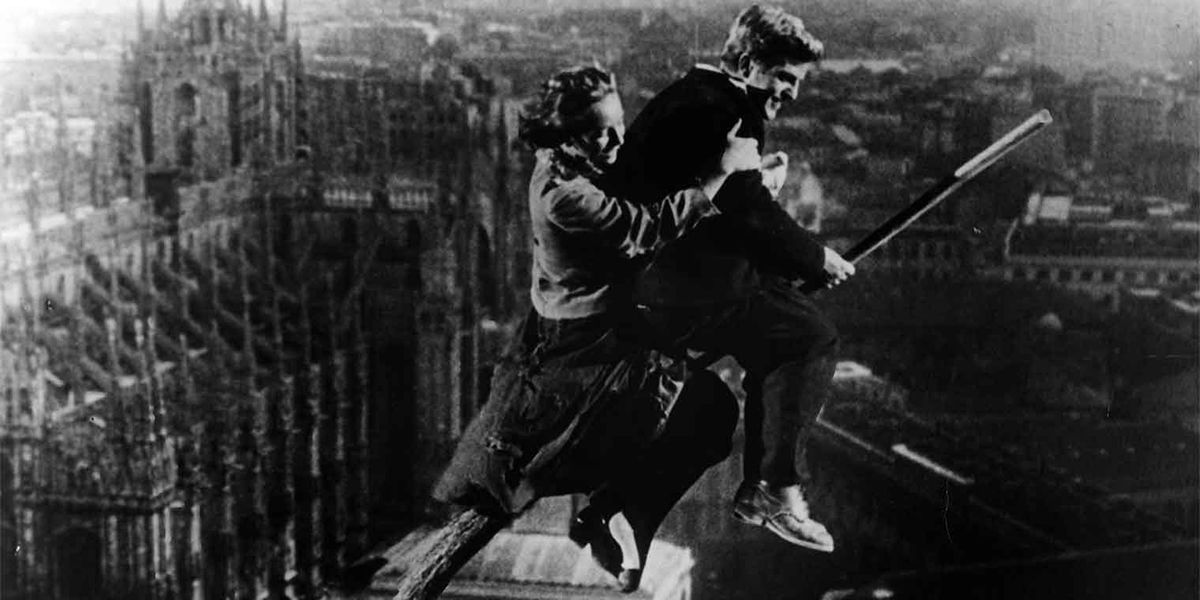
Miracle in Milan shared the top prize with Miss Julie at the 1951 festival. Italian neorealist director Vittorio de Sica directed this fable of an orphan living in a Milan shantytown. The orphan comes across a magical dove that can grant wishes and uses it to improve the lives of those around him. Miracle is similar in theme to other films by de Sica and fellow neorealists, but it portrays its characters and plot with a satirical humor that isn't as present in films such as Bicycle Thieves. The film was shown at Cannes in 2019 as part of the Cannes Classics section.
9 Under the Sun of Satan - 100%
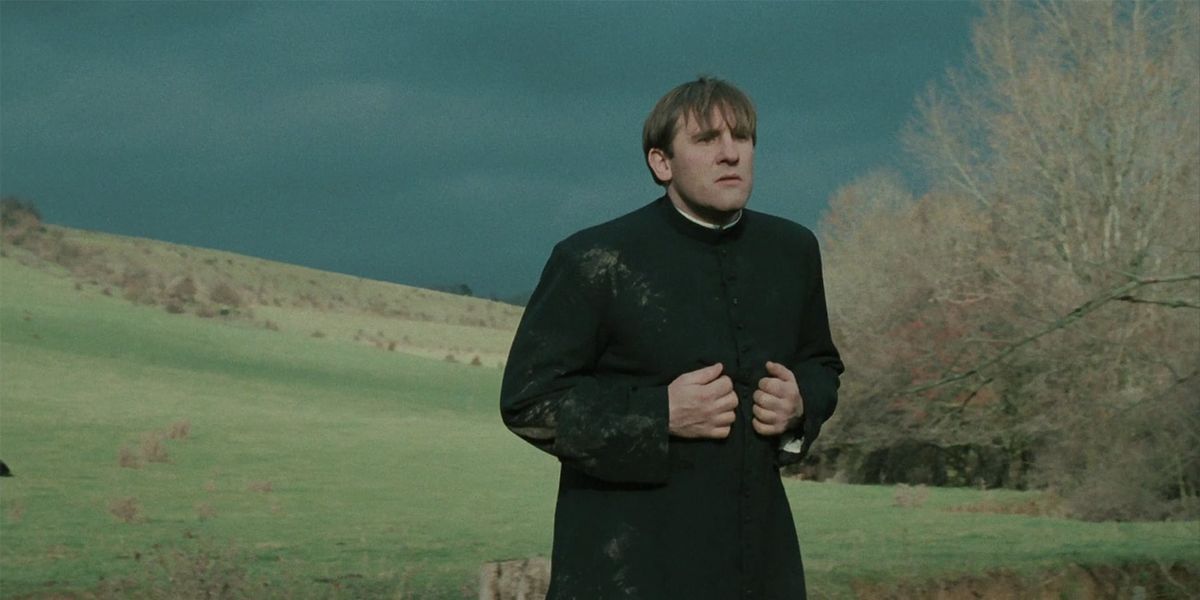
Based on the 1926 Georges Bernanos novel of the same name, Under the Sun of Satan won the Palme d'Or in 1987. It was the only French film to win the award between 1966 and 2009. Gérard Depardieu plays a priest who attempts the save the soul of a teenager who killed one of her lovers. The film was controversial at the festival. The crowd jeered when it won the Palme d'Or by a unanimous vote.
Director Maurice Pialat responded by saying, "if you don't like me, I don't like you either."
8 When Father Was Away On Business - 100%
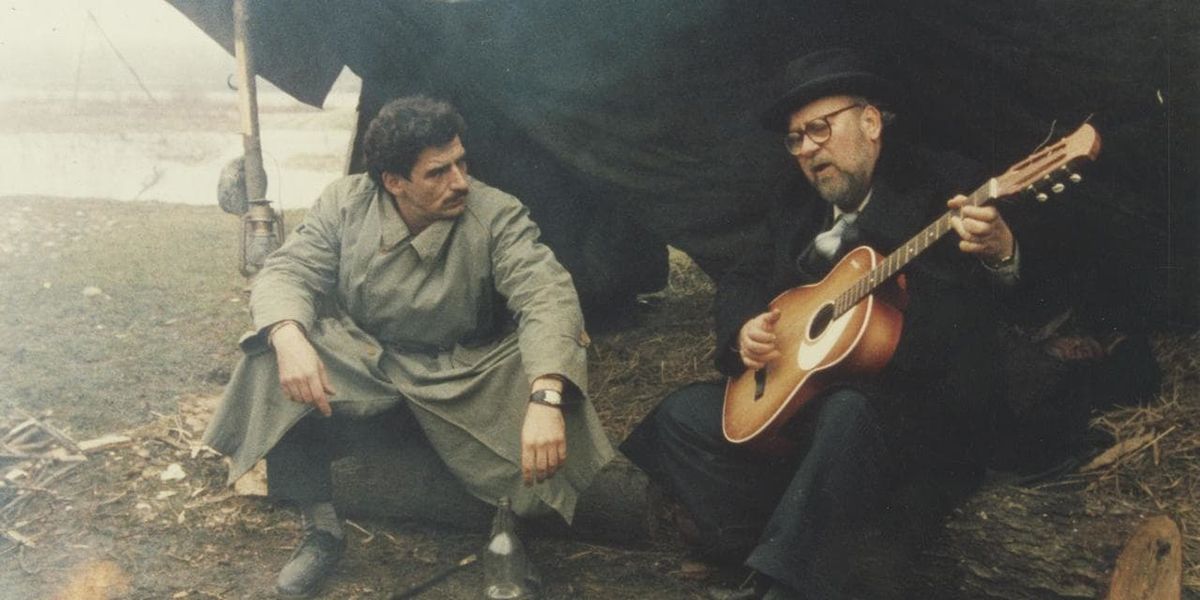
This Yugoslavian film took home the award in 1987. Set in post-World War II Yugoslavia, the film follows a young boy whose father is a Communist functionary. The boy's father is sent to a labor camp by his brother-in-law after the Yugoslav-Soviet split. After reuniting with his family, the father embarks on an extramarital affair that is soon discovered by the son. The son also falls in love with the daughter of an exiled Russian doctor. The film was also nominated for the Best Foreign Language Film Oscar.
7 Gate of Hell - 100%
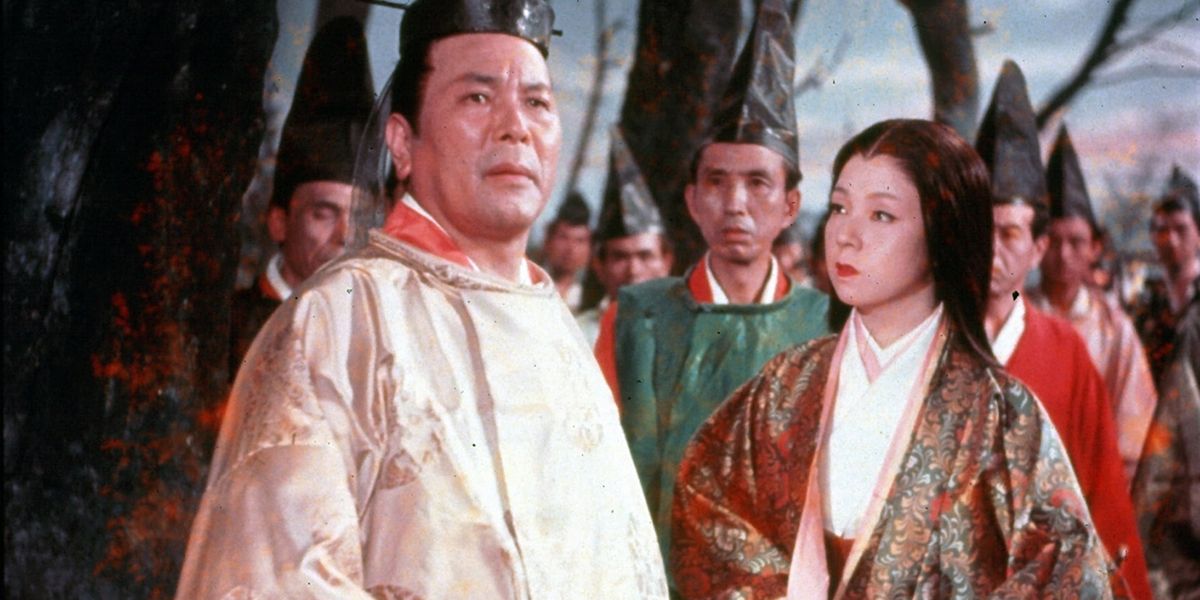
Gate of Hell became the first Japanese film to win the Palme d'Or in 1954. It tells the story of a samurai who falls in love with a married woman. He forces her to give him detailed instructions on how to kill her husband. He ends up killing her instead despite following those instructions to the letter.
Gate of Hell was the first Japanese film made in color released in the United States. It won the Academy Award for Best Costume Design, Color and a special award as the "best foreign language film released in 1954."
6 The Go-Between - 100%
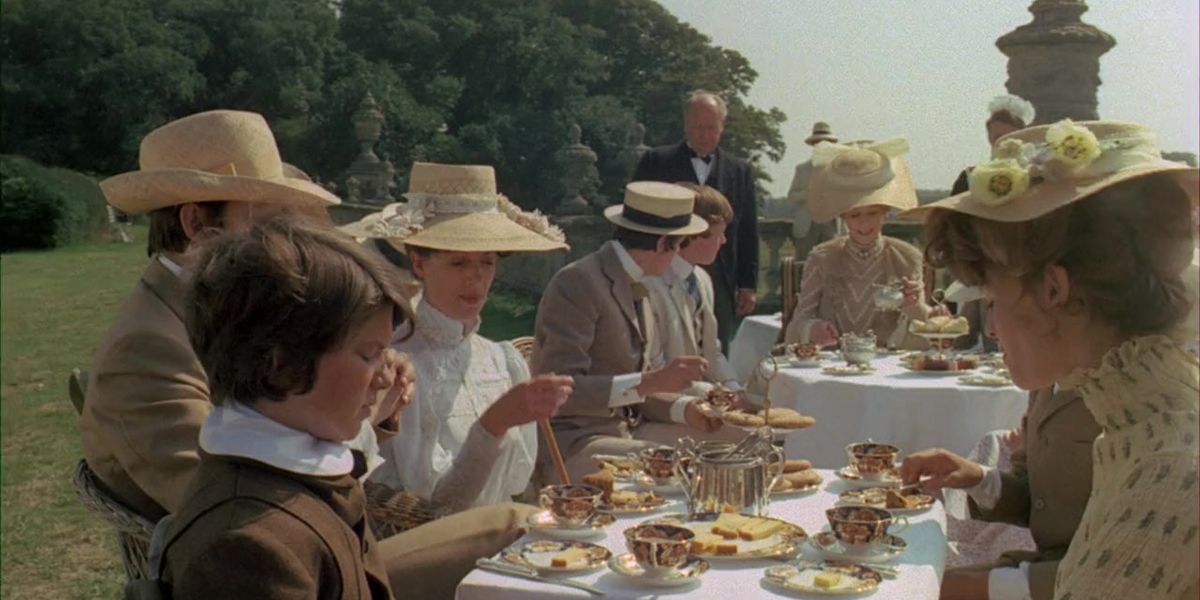
The Go-Between, an adaptation of L.P. Hartley's 1953 novel, won the top award in 1971. It tells the story of a boy in early 20th century England used as a go-between by two lovers: one an upper-class woman, the other her tenant farmer neighbor. The woman's family doesn't look upon the relationship too kindly and wants her to marry in the owner of the estate they live on. The woman eventually marriages the richer man, but the film implies that she had a child with the farmer.
5 The Ballad of Narayama - 100%
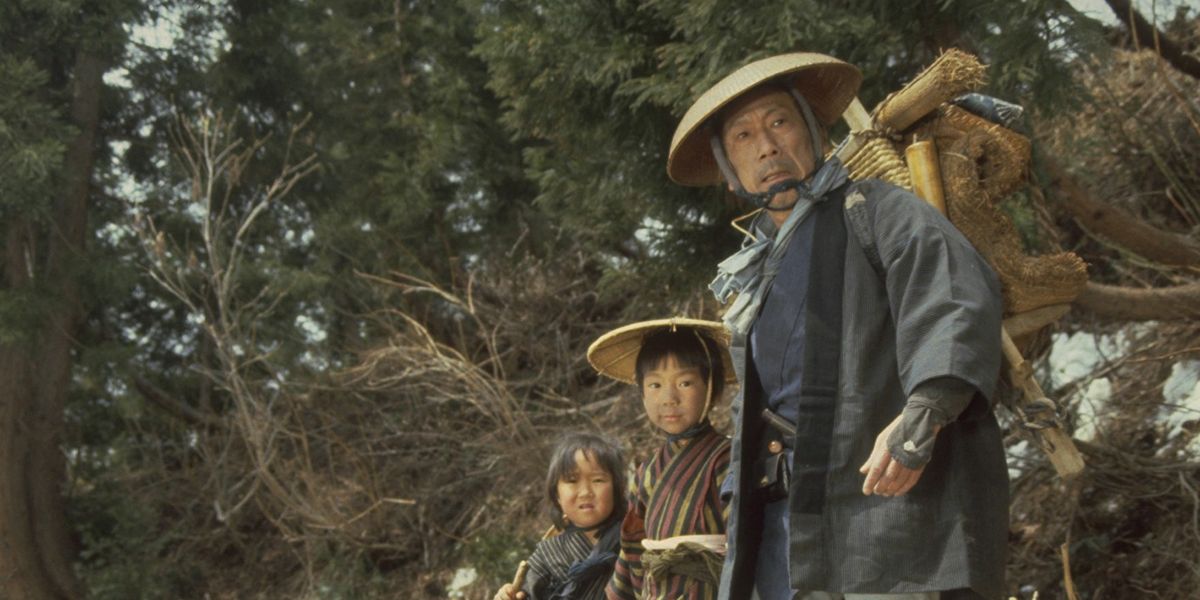
The 1983 film The Ballad of Narayama was a remake of a 1958 film of the same name. That film was based on a 1956 novella by Shichirō Fukazawa. Narayama is about a village in 19th century Japan that practices ubasute, a mythical custom in which a person is left to die at the age of 70. Orin, the main character, is 69. She has no reservations about her death and the film chronicles the year she spends getting her affairs in order.
4 The Lost Weekend - 100%
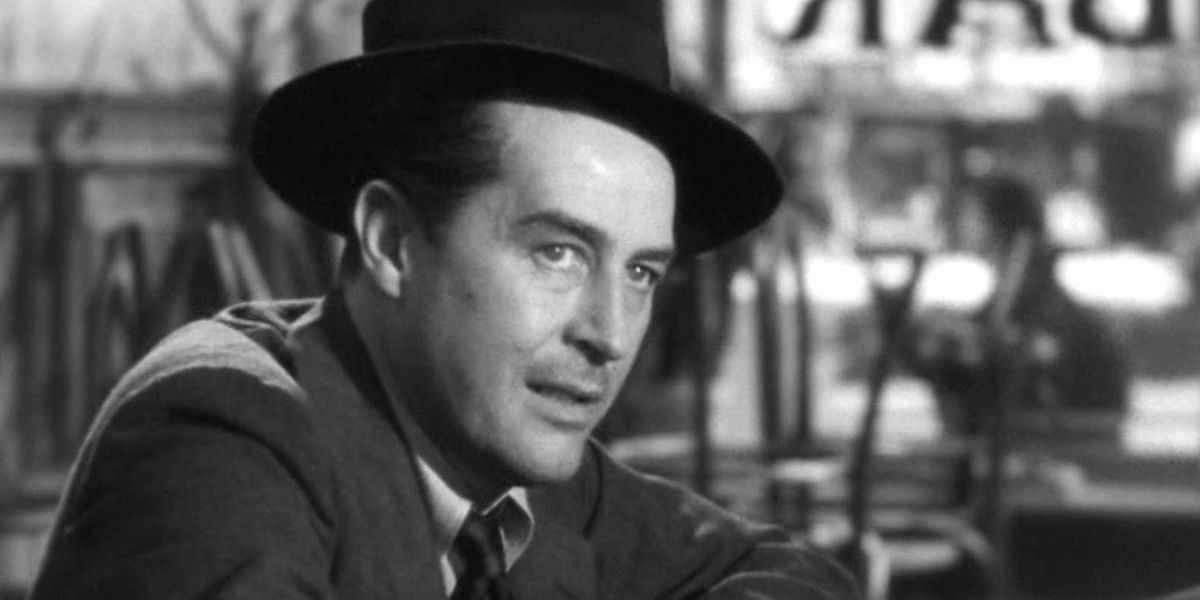
The Lost Weekend was one of 11 winners in 1946 and one of two 1946 films to appear on this list. It was also the first American film to win the top prize. The film follows alcoholic writer Don Birnam as a weekend with his girlfriend and his brother falls apart. He drinks more and more and eventually sells off his typewriter despite telling the owner of a bar he frequents he will write a novel.
The film was praised for its realistic look at alcoholism and its innovative camerawork.
3 Marty - 100%

Marty is one of three films to win both the Palme d'Or and the Best Picture Oscar, alongside The Lost Weekend and Parasite. Marty is also the shortest Best Picture winner; the film is 90 minutes long. It stars Ernest Borgnine as the title character, a good-natured bachelor who has resigned himself to the single life at 34. He meets Clara (Betsy Blair) and they hit it off, while his friends and mother do everything in their power to destroy the relationship. The film won four Oscars, including Best Actor for Borgnine and Best Adapted Screenplay for Paddy Chayefsky.
2 Rome, Open City - 100%
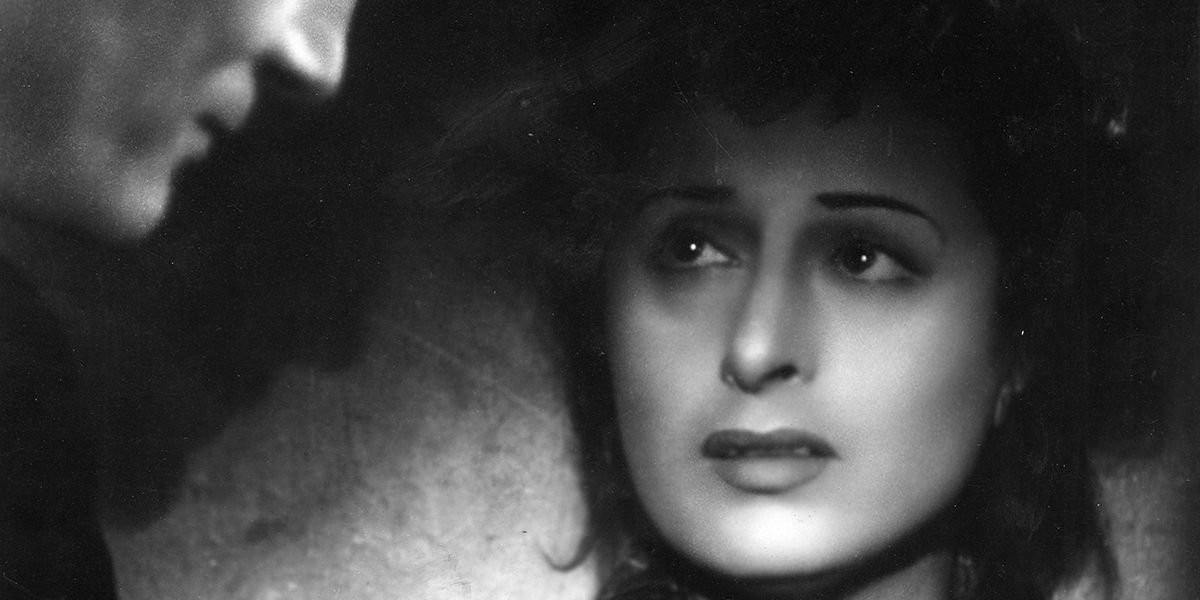
A landmark of the Italian neorealist movement, Rome, Open City was one of 11 winners at the 1946 festival. The film is set in Rome during the waning days of World War II after Rome was declared an open city. Declaring a city "open" means defenders have abandoned the city. The film depicts a Catholic priest helping the resistance who is approached by a resistance leader to transfer money and information outside the city. When the pair are captured by the SS, they have to hold onto the beliefs even in the face of death.
1 The Wages of Fear - 100%
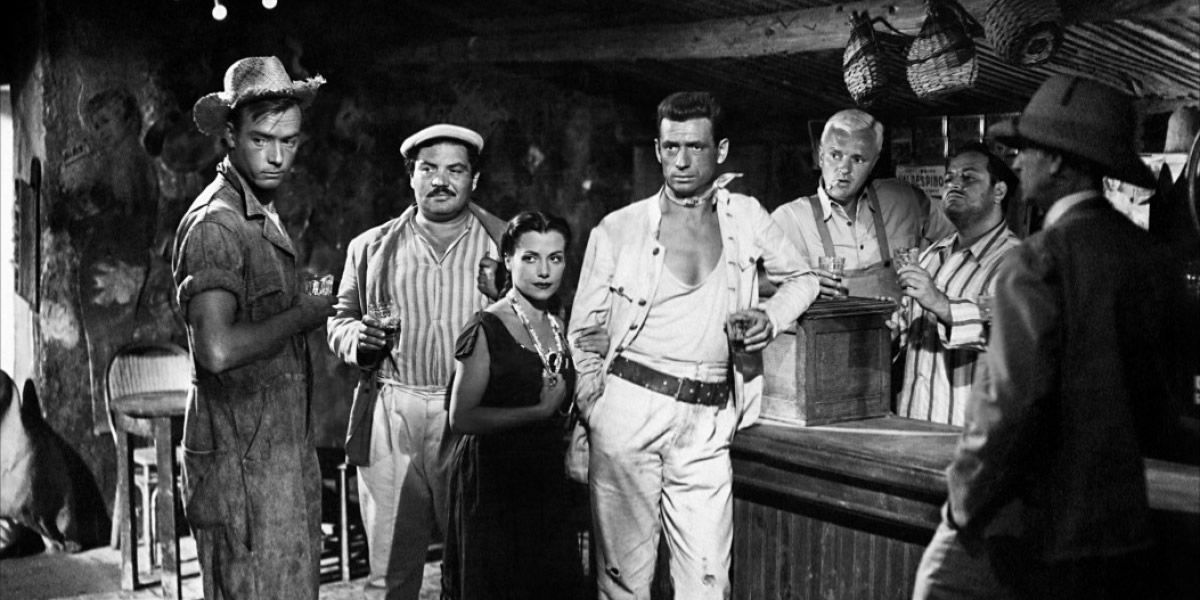
The Wages of Fear is the only film to win both the Cannes Palme d'Or and the Golden Bear at the Berlin International Film Festival. The film follows roommates Mario and Luigi as they transport nitroglycerine 300 miles to an oil well to cap it. They're assisted by Jo and Bimba. All four were selected because they aren't employees of the American oil company that dominates their desert town and are therefore not the company's problem.
from ScreenRant - Feed https://ift.tt/2PXVDX4

0 Comments